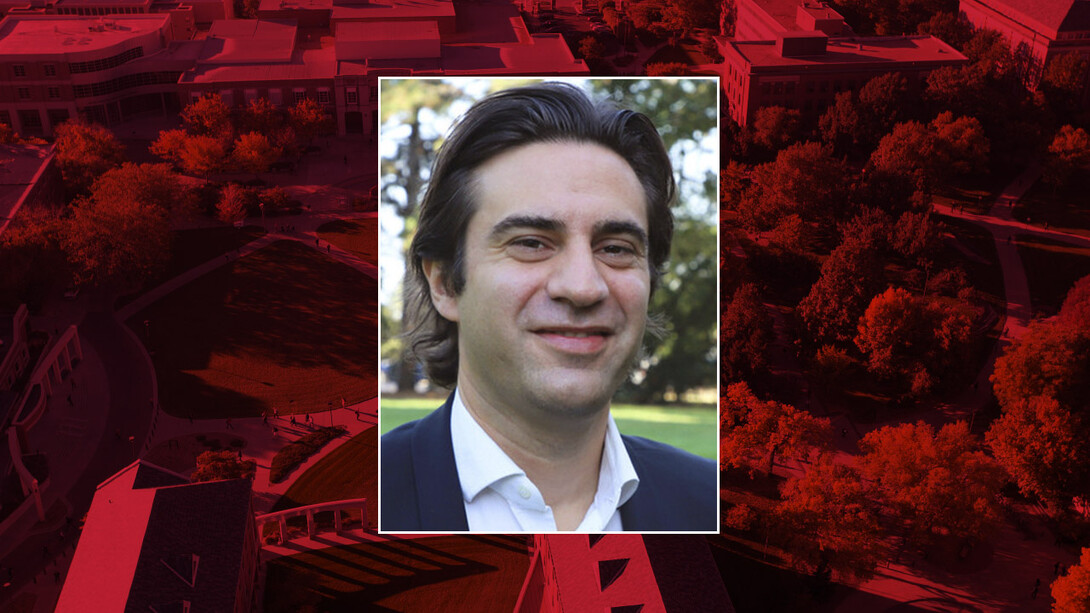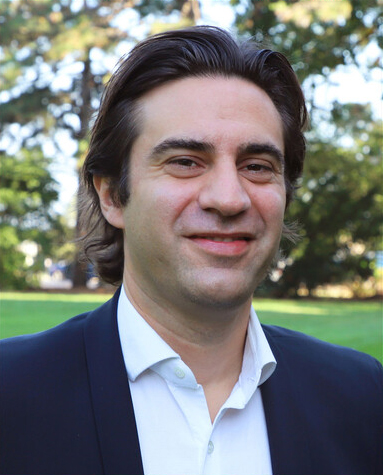
Patricio Grassini, associate professor of agronomy and horticulture, is a partner in a project led by Regrow Ag called Niche that aims to optimize crop variety placement in sub-Saharan Africa.
Niche was awarded a four-year, $5 million grant from the Bill and Melinda Gates Foundation and is supported by NASA Harvest, the University of Nebraska–Lincoln and Africa-based nonprofit One Acre Fund.
According to Regrow, the Niche program intends to provide breeders, seed companies and advisories with information to optimize seed development and placement in sub-Saharan Africa. This will allow users to develop climatically adaptive seed varieties more precisely and rapidly, thereby improving crop resilience in the face of changing weather conditions and other stressors related to climate change.
Grassini’s contribution to Niche involves the Global Yield Gap Atlas, which will characterize sub-Saharan crop production environments. Developed in collaboration with Wageningen University in the Netherlands, the atlas is an online platform that estimates water productivity, crop nutrient requirements and yield gaps — the difference between current and potential yields — for major crops in 70 countries. It aims to help stakeholders increase production on existing cropland.
“Currently, we are expanding cropland areas at a rate of 13 million hectares every year and destroying fragile ecosystems,” Grassini said. “We need to understand how much more food we can produce on existing cropland — and where. The places with the biggest yield gaps have the biggest opportunities.”
Additional Nebraska agronomy and horticulture faculty working on the Global Yield Gap Atlas include Haishun Yang, associate professor, and Fatima Amor Tenorio, research assistant professor.
Regrow is a multinational team of scientists, agronomists, engineers and software developers committed to transforming the supply chain from farm to fork to ensure a prosperous future for people and the planet.








